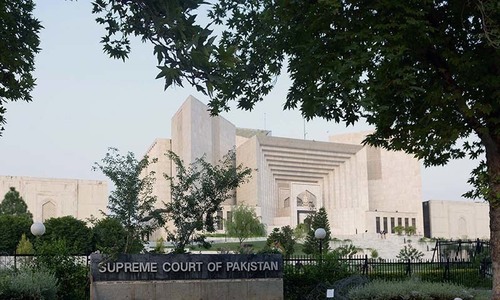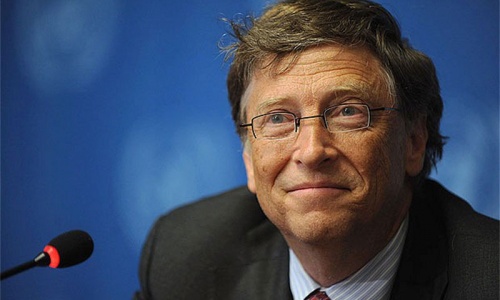ISLAMABAD: Stakeholders in the health sector on Friday expressed disappointment over the health budget, which is less than one per cent of the GDP, and suggested that the government give priority to the sector so that Prime Minister Nawaz Sharif and retired Gen Pervez Musharraf could be treated in Pakistan just like Atal Bihari Vajpayee and Manmohan Singh got treatment in India.
However, National Health Services (NHS) Minister Saira Afzal Tarar told Dawn that the health budget was quite satisfactory, considering the available resources, and the leadership of the country would soon start getting treatment in the country as a quality hospital was being constructed in Islamabad with the support of Bahrain.
Pharma Bureau’s executive director Ayesha Tammy Haq was of the opinion that there was no relief for the pharmaceutical industry in the budget. “We are already in courts to get relief. The government has not reduced duties and even it has not taken any decision to consider the prices of medicines,” she said while talking to Dawn.
“In 2001 when the prices of medicines were frozen, the minimum wages were Rs1,800 and now these have reached Rs14,000. One can imagine what kind of financial crisis we have been facing as production cost is continuously increasing,” she said, adding: “Unfortunately, health has never been priority of the government. Had it been, the prime minister would not have to go to the United Kingdom for medical treatment. On the other hand, the common man cannot afford to get treatment in the UK.”
Pakistan Medical Association’s general secretary Mirza Azhar Ali said that since Friday morning he was trying to know about positive news in the health sector but could not find any.
“The health budget should be sufficient so that our leaders don’t have to go abroad for treatment just like Indian leaders get treatment within their country. Unfortunately, our leaders do not trust the health system of Pakistan because they know that no investment has been made in the sector over the years,” he said.
“There is no health policy. Had we focused on the preventable diseases, which could be avoided by just one injection, there would have been no need to spend so much on diseases. By providing clean drinking water we can address the issue of stomach diseases,” Dr Ali said.
Saira Afzal Tarar recalled that a few months ago, while coming from Quetta, Prime Minister Nawaz Sharif called for giving priority to the health sector and directed the authorities concerned to build one hospital in each district.
“In the current budget we have got sufficient funds for routine immunisation, polio and anti-snake venom. Moreover, Rs9 billion has been allocated for the PM’s National Health Insurance Scheme which will provide free health cover to a large number of poor people,” she said.
“The Ministry of Finance has approved all the funds sought by the Planning Division. We want to start a project to produce vaccines at the National Institute of Health (NIH) and for that we will submit a proposal this year. We also want to involve the corporate sector in vaccine manufacturing,” the minister added.
Director General Health Dr Asad Hafeez said the hospital being constructed with the support of Bahrain would be a state-of-the-art facility. “According to the agreement, we will provide land, water, electricity and other services. Bahrain will construct the building and provide equipment. It will also be a teaching hospital which will offer specialisation in organ transplant as well as nursing education as per the international standards,” he said.
Published in Dawn, June 4th, 2016













































